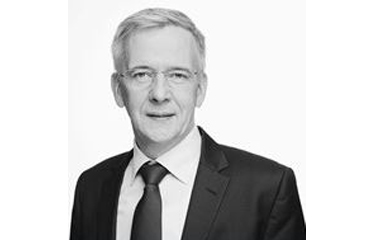Faroe Islands-based Atlantic salmon farming group Bakkafrost wants to increase its total fish production by more than 40 percent over the next five years and intends to invest DKK 6.2 billion (USD 984.1 million, EUR 833.8 million) through to 2026 to achieve this goal.
Bakkafrost delivered its growth plan on 14 September, 2021, saying it expects the increase to come from through a combination of utilizing idle license capacity and by introducing larger smolt to existing licenses.
It also announced transformational measures and investments aimed at improving the biological performance and cost structure of its Scottish operations – the assets of Scottish Salmon Company, which it acquired in 2019 – which it said have “underperformed” in the past.
Bakkafrost CEO Regin Jacobsen said that in recent years, the group has improved critical key performance indicators in its Faroese operations, improving the health of the fish his company raises and the company’s overall economic health. He said the company is planning a similar overhaul of its operations in Scotland. Compared with its Faroese operations, Bakkafrost’s Scottish holdings have a far less integrated value chain and several weak elements, he said.
“We will focus to improve this and learn from our experience from the last 25 years,” Jacobsen said.
Jacobsen outlined the company’s plan for its Scottish operations, which include seawater risk mitigation combined with a shorter seawater cycle for its salmon – Jacobsen called this move “a game changer” that will result in “significant sustainable growth.” Bakkafrost also intends to invest in its facilities with a view to improving the efficiency and productivity of its processing operations and improving the quality of its products.
Jacobsen said Bakkafrost is collaborating with Scottish authorities in progressing its investment plan in the region, but said that due to longer-than-normal construction lead-in times and the long production cycle of salmon, the firm’s expected profit and loss improvements are back-end loaded in its plan.
“We have identified areas to deliver change. We have started increasing our investments in the value chain in Scotland, and we see huge possibilities to improve and strengthen our operations,” he said. “In the Faroes, we believe that its crucial to be self-sufficient with high-quality, large smolt, and we see huge possibility to achieve this also in Scotland. Over the next five years, we with increase the capacity in Scotland 15-fold – using the same technology that we have been using in the Faroes over the last 10 years.”
Bakkafrost acknowledged that with the salmon-farming industry operating close to capacity, the industry is committing significant resources to the development of alternative farming methods onshore and offshore, and that its own value chain is “well-prepared to bolt on such projects” once its conventional capacity is depleted and proven technology becomes available.
In the meantime, Jacobsen said that with limited capacity expected to be to be introduced from conventional and alternative farming methods during the next five years, it is likely the market for its premium salmon products will remain tight.
Photo courtesy of Bakkafrost







